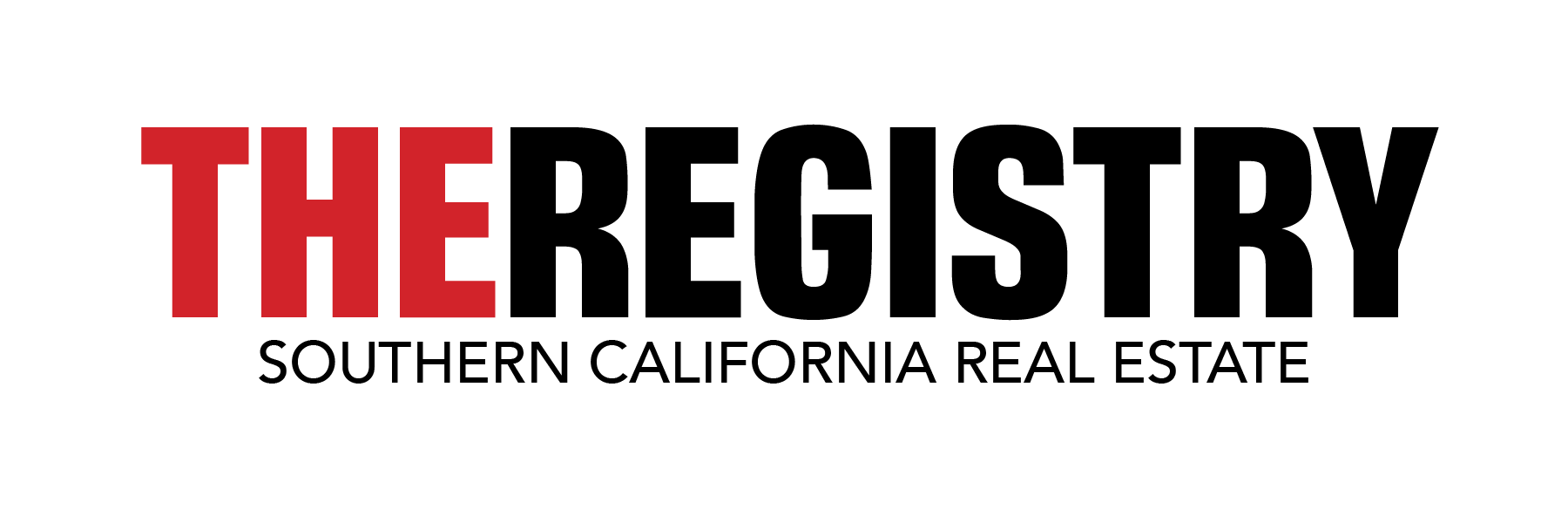The commercial office market has changed dramatically since the start of COVID-19, leading many companies to shift their thinking from long term leases to flexible work spaces. According to Barry Greenfield, CEO and president of LocalWorks, growth in the flexible work space has been taking place with the pandemic only accelerating the movement.
“It’s been incredibly vibrant even through COVID-19,” Greenfield said. “Prior to COVID-19, commercial real estate office properties were highly occupied, generating really solid rental rates but coinciding with that was also the trend in flexible office space.”
In existence for just two years, LocalWorks is a shared office space provider that partners with property owners to turn vacant office space into flexible work space. The company is currently located in 22 locations across Washington D.C., Illinois, New Hampshire, Maryland and Massachusetts. However, with the rapid acceleration in the flexible work movement, Greenfield said he anticipates the company to expand nationwide in the next year. In the coming months, the company is planning expansions to both Colorado and California.
“We have gotten back to this management agreement where our goal is to get our property managers to their desired gross revenue on a monthly basis, but instead of them having one tenant, they have multiple people that we manage,” Greenfield said.
According to him, it is due to this cost effective model that flexible workspaces have grown in popularity over the past several years. In fact, Greenfield said despite the pandemic, LocalWorks locations have maintained an 80 percent occupancy amid the pandemic.
“Across the board I hear productivity was up and cost savings was up as well because they’re looking to reduce their footprint,” he said. “That doesn’t necessarily mean that they’re looking to give up all their space but people talking to us who are looking for office space are saying to us, ‘Some of our people don’t want to go back to work and we’re fine with that. Some of our people do want to go back to work and we’re looking for flexible options, we’re not looking for a five- to seven-year lease. We’re looking for something where we can go up in space or down in space in relatively short notice because we can’t predict the future.’”
Greenfield said the shift toward private flexible work options has primarily been observed in those 35 and older.. With many people turning to work-from-home methods, Greenfield said having a nearby private office is a good option for those not interested in commuting into central business districts.
“Demographically, we believe that the under 30 single crowd is going to be excited to go back to work in downtown areas, but we have first hand data that shows that the over 35, married with kids, suburban crowd is willing to go in a couple days a week, maybe Tuesdays and Thursdays, but for the most part loved working from home,” Greenfield said.
Looking ahead, Greenfield doesn’t see the movement toward flexible work space stopping anytime soon. In fact, Cushman & Wakefield reported that vacancies in the national office market still remain high despite COVID-19 restrictions loosening. While reporting a 1.7 percent growth in created jobs, office vacancy across the U.S. was still 17.2 percent in the second quarter of the year.
“From our perspective, there’s a lot of debate in the industry. From the office and broker side you’re hearing very consistent talk of people are not productive and they need to get back to their office space. We’re hearing the complete opposite. We’re hearing that people were very productive and companies are looking for a way to continue the cost savings from having people work at home,” Greenfield said.
“I think just COVID-19 has changed everyone’s attitude; it was already shifting. People were starting to think ‘why am I going into the office every day sitting at my desk working at a computer when I can just do that at home?’ I think it just depends on the type of job you’re doing, but generally, COVID-19 is just going to accelerate things forward.”















